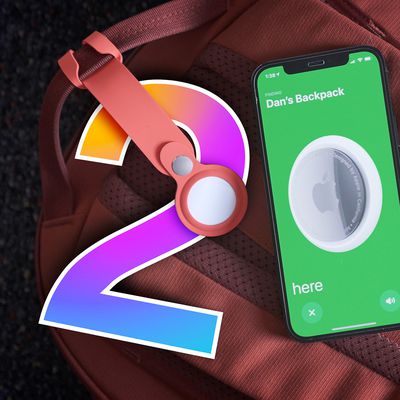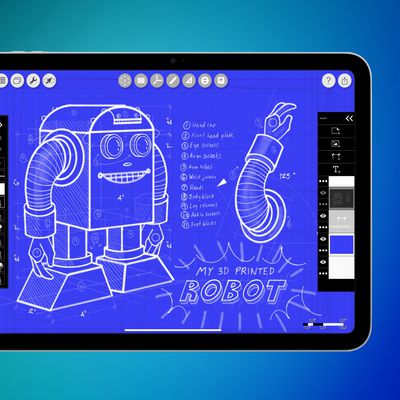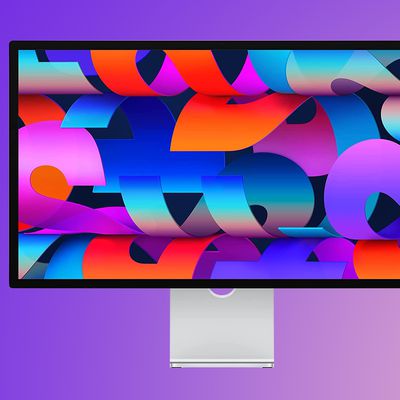
With Google's announcement earlier this week that it is releasing a new open source, royalty-free video format known as "WebM" to compete with the Apple-backed H.264 standard, observers have wondered what Apple's response will be. Google's inclusion of several other prominent industry players including Mozilla and Opera has suggested that Apple may find itself under pressure to adopt the standard as it gains traction.
The Register reports that one of its readers emailed Apple CEO Steve Jobs to ask about his thoughts on Google's announcement of WebM, which utilizes the VP8 video codec acquired by Google when it purchased On2 Technologies earlier this year.
Jobs reportedly simply responded by sending a link to a lengthy and technical blog post from an independent developer working on an open source x264 project for encoding video in the H.264 format preferred by Apple. In short, developer Jason Garrett-Glaser calls VP8/WebM "a mess" and "not ready for primetime", with Google even having declared the standard "final" despite a number of flaws already discovered in it. In addition, while appearing to be a significant upgrade over the Theora format previously preferred by Mozilla and Opera, the new format on the whole does not seem to be any better than H.264.
Larger questions, however, are arising over the patent picture with respect to VP8/WebM. One of the format's main selling points for Google has been the fact that it is open source and royalty-free. This is in contrast to H.264, for which a group of patent holders (in which Apple plays a small part) oversees licensing and royalties for encoder/decoder manufacturers and content providers. While end users are currently not subject to royalty payments for the H.264 format, there is some concern that such fees could be implemented in 2016 after the current licensing agreement term expires.
Garrett-Glaser raises the issue in his piece about whether VP8/WebM can stand up to any patent tests, as it seems to carry a significant amount of similarity to H.264. Consequently, he calls into question whether Google can truly offer a royalty-free format with it. Digital Daily's John Paczkowski also dug into the issue a bit further and shares comments from Larry Horn, CEO of MPEG LA, the body that oversees the patent pools behind H.264 and other standards.
JP: Let me ask you this: Are you creating a patent pool license for VP8 and WebM? Have you been approached about creating one?
Larry Horn: Yes, in view of the marketplace uncertainties regarding patent licensing needs for such technologies, there have been expressions of interest from the market urging us to facilitate formation of licenses that would address the market's need for a convenient one-stop marketplace alternative to negotiating separate licenses with individual patent holders in accessing essential patent rights for VP8 as well as other codecs, and we are looking into the prospects of doing so.
Horn's comments suggest that VP8/WebM may become subject to similar licensing and royalty terms as H.264 once certain patent holders come together to assert ownership over aspects of the standard, negating one of the primary selling points of the standard. For its part, however, Google maintains that it has thoroughly vetted the standard and is confident in its ability to offer it as an open source and royalty-free option.

























